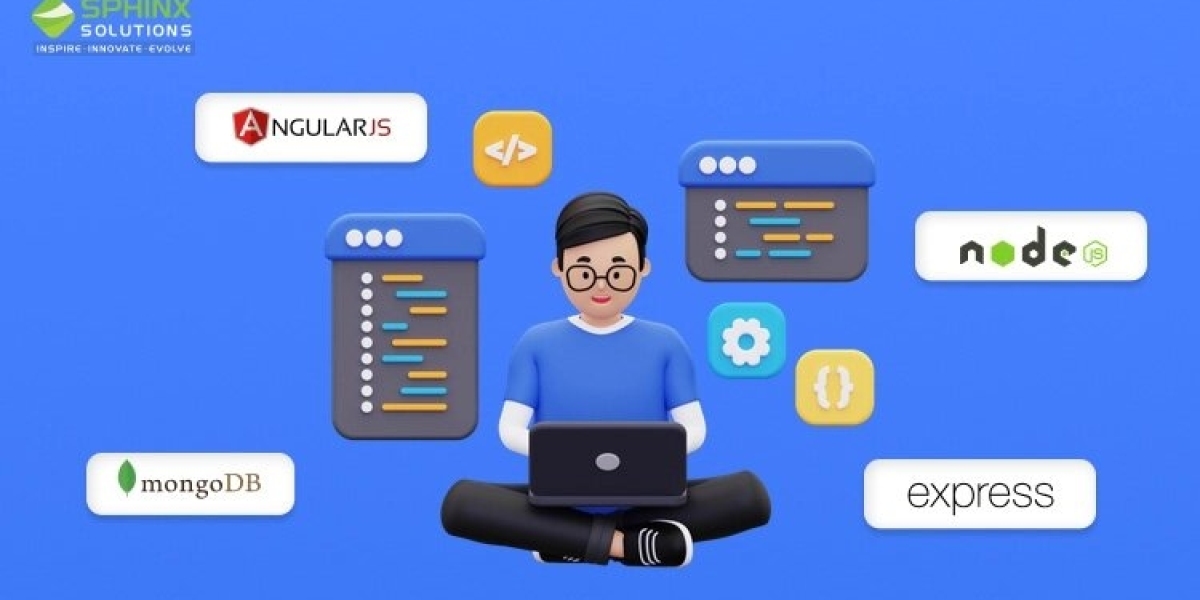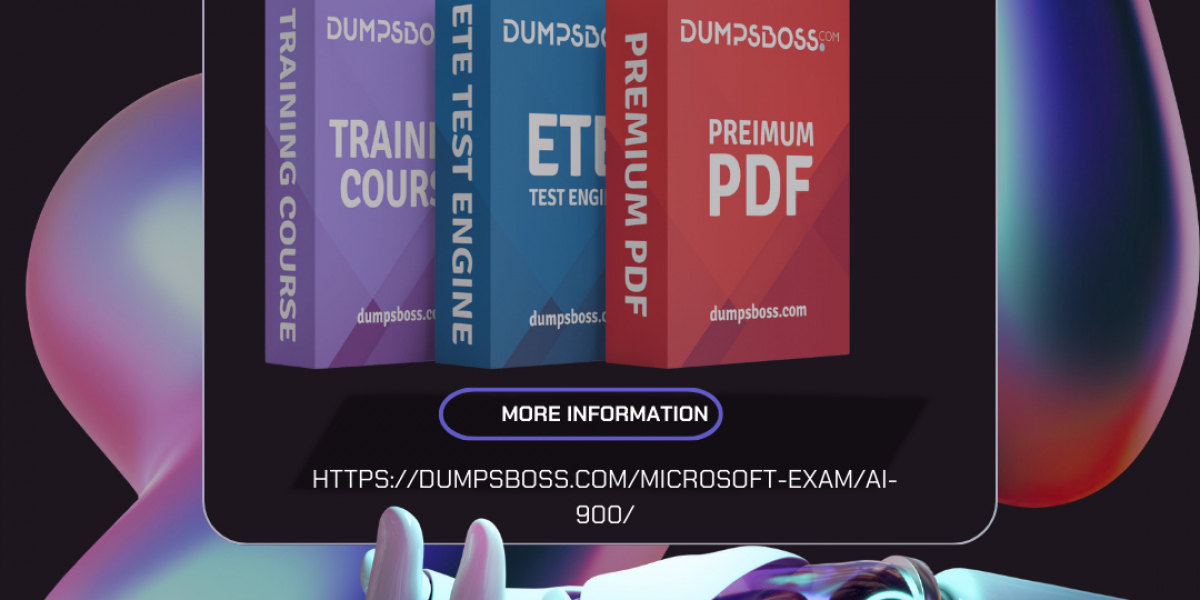MEAN Stack comprises four open-source technologies – MongoDB, Express.js, AngularJS, and Node.js. All these technologies allow developers to create robust and feature-rich web apps. Each technology of MEAN Stack has a specific function. With MEAN Stack, developers can build a proper foundation for developing highly scalable and innovative web applications. This blog will shed light on key aspects of MEAN Stack and how it helps in custom web app development services. Let’s get started.
What is MEAN Stack?
MEAN Stack refers to the set of technologies used for developing dynamic web apps. Tech giants that use MEAN Stack development are Upwork, PayPal, Fiverr, etc. The 4 core technologies of MEAN Stack include:
Want to Know Your Web App Development Cost?
Get a detailed budget estimation in just a few clicks.
1. MongoDB:
MongoDB refers to the NoSQL database system that can collect data in a JSON-like flexible format known as BSON. It has a schema-less nature that helps developers work with several data types. MongoDB is a great choice for managing complex and large datasets. High scalability and quick integration with Node.js make this database essential for MEAN Stack development.
2. Express.js:
Express.js is the Node.js web app framework known for high flexibility. It delivers a range of features and functionalities for web & mobile apps. Express.js has the ability to effectively simplify the process of making maintainable and scalable server-side apps. The lightweight structure makes this framework ideal for custom web app development. It works as the backend of a web application that effectively facilitates seamless communication with any frontend component.
3. Angular:
Developed by Google, Angular is a robust front-end framework extensively used for making dynamic SPAs or single-page apps with a reusable & modular code structure. The huge pre-built component library, dependency injection & two-way data binding of Angular make this framework an excellent choice for responsive & interactive user interface development.
4. Node.js:
Node.js refers to JavaScript runtime which is designed with the V8 JavaScript engine. It helps developers execute codes on JavaScript & build an event-centric architecture. As the backbone of MEAN stack development, Node.js seamlessly connects frontend & backend components. Moreover, it improves the overall performance of the application by managing concurrent requests.
Note: As of 2023, 42.65% of developers use the Node.js framework for web app development.
Source: statista.com
Perks of Mean Stack Development
MEAN stack can easily be used in several ways with a write-once cross-platform approach. While the MEAN stack is mostly used for real-time applications and calendar app development, this is also ideal for other use cases like interactive forums, news aggregation sites, workflow management tools, etc. Let’s have a look at some of the prime applications of Mean stack development.
1. Full-Stack JavaScript:
With MEAN JavaScript, developers can use JavaScript codes throughout the application stack. This consistency effectively simplifies the overall process of development & minimizes the necessity for understanding programming languages.
2. Code Reusability:
MEAN Stack is known for code reusability. This means that a single codebase can be used for both client & server. This minimizes redundancy & makes codes quicker to maintain.
3. Rapid Prototyping:
Another benefit of the MEAN stack is agility. This is an ideal choice for fast iteration & rapid prototyping. The development speed of Angular, Node.js, and Express.js and the flexibility of the MongoDB database lead to a swift application development lifecycle.
4. High Scalability:
MEAN Stack apps can horizontally scale by adding several servers. This is highly advantageous for improving optimal performance and increasing user loads.
5. Integrated Security Features:
MEAN Stack comes with integrated security features like built-in security of Angular and Express.js middleware. These features allow developers to boost the security level of the applications.
Looking For Mean Stack Web App Development Services?
We offer custom web app development services, tailored to meet all your unique business needs.
Full-Stack vs MEAN Stack vs MERN Stack
Let’s have a look at the complete comparison of Full-stack, MEAN Stack, and MERN Stack development. This comparison covers all aspects including flexibility, database choice, architecture, scalability, and more. Based on project needs, each development approach provides a set of features and benefits.
Key Factors | Full-Stack | MEAN Stack | MERN Stack |
Definition | Full-Stack covers both frontend & backend with the help of diverse technologies | MEAN Stack is the combination of MongoDB, Express.js, Angular, and Node.js | MERN Stack is the combination of MongoDB, Express.js, React, and Node.js |
Language Consistency | Depends on different technologies. Several languages can be utilized | JavaScript is mainly used throughout the stack | JavaScript is mainly used throughout the stack |
Flexibility | Provides high flexibility in language choices for frontend & backend | Flexibility is limited to the particular technologies and languages | Flexibility is limited to the particular technologies and languages |
Database | Flexible. Developers can select different databases based on project requirements | Limited choice. Only the MongoDB database is used. | Limited choice. Only the MongoDB database is used. |
Frontend Framework | Several frameworks can be used (Vue.js, React, Angular, etc.) | Angular is used as the default framework | React is used as the default framework |
Architecture | 3 tier web architecture | Offers architecture for managing & upgrading codes | Offers architecture for UI rendering |
Productivity | Highly productive | Highly productive | Less productive |
Community Support | Depends on selected technologies and frameworks | Large community support | Large community support |
Cost-effectiveness | Depends on licensing fees and chosen tech stacks | Cost-effective due to MEAN Stack components | Cost-effective due to MERN Stack components |
Security Level | Depends on security feature implementation | In-built MEAN Stack security features and components | In-built MERN Stack security features and components |
When to Choose MEAN Stack?
Choosing any technology stack for web app development usually depends on a number of factors such as business objectives, project requirements, team expertise, etc. MEAN Stack is beneficial due to the following reasons:
1. JavaScript Development:
If you are looking for a unified environment where frontend & backend development both are written in JavaScript language, MEAN Stack will be the perfect choice. It enables developers to leverage a single language throughout the development process. This leads to streamlined development & reduced context switching.
2. Rapid Prototyping:
MEAN Stack development is ideal for rapid prototyping and iterative development processes. The reusability and simplicity of Angular, Express.js, and Node.js allow MEAN stack developers to design, develop, and test applications swiftly.
3. Real-time Applications:
MEAN Stack is ideal for developing real-time applications that need smooth communication and instant information updates. The event-driven architecture of Node.js helps in managing several concurrent connections in an efficient manner. This feature makes it ideal for making applications like collaboration tools, live dashboards, chat apps, etc.
4. Startups & SMBs:
MEAN Stack provides cost-effective solutions for startups and SMBs with limited capital. The massive community support and open-source nature make MEAN Stack highly accessible for companies who need to build custom web apps without investing a huge amount of costs.
5. Single-page Applications:
MEAN Stack is the perfect choice for developing single-page applications (SPAs) that offer a highly interactive and seamless user experience. The robust features of Angular like component-based architecture, two-way data binding, and dependency injection streamline the development process of complex applications with rich UIs.
Want to Hire Professional Mean Stack Web App Developers?
We use top leading technologies to deliver end-to-end web app development services for your business.
Final Words
As the process of custom web app development continues to change, MEAN Stack development stands out as a versatile solution for developers. By leveraging the combination of MongoDB, Express.js, Angular, and Node.js, every web app development company can create scalable web apps seamlessly. In parallel, Python app development has also gained significant traction in the industry due to its simplicity, versatility, and extensive libraries.
FAQ’s
What is the MEAN stack development?
MEAN stack development is a process of using a set of technology stacks to create custom web applications. MEAN stands for MongoDB, Express.js, Angular, and Node.js which provides full-stack JavaScript solutions. MEAN stack development is known for code reusability, simplified development process, and broader community support. It helps developers seamlessly work with JavaScript throughout the development cycle.
What are the four main technologies in the MEAN stack?
MEAN Stack is the combination of 4 key technologies – MongoDB, Express.js, Angular, and Node.js. Together, these technologies provide full-stack JavaScript solutions to build custom web apps. MEAN stack is mostly known for high scalability, flexibility, and smooth development process.
What is the MEAN stack development process?
MEAN stack development mainly involves a number of steps and activities including project setup to final deployment. In this process MongoDB database is used for application data storage, Express.js is used to manage HTTP requests, Angular helps to build UI, and Node.js connects frontend and backend components seamlessly. Here are the key steps of the MEAN stack development process:
Step 1: Ideation and project setup
Step 2: Backend development
Step 3: Frontend development
Step 4: Database implementation & design
Step 5: Integration and testing
Step 6: Final deployment & maintenance
What are the benefits of MEAN stack?
MEAN stack is used in diverse ways with a write-once cross-platform approach. Some of the prime advantages of using the MEAN stack include:
Full-stack JavaScript
Code reusability
Rapid prototyping
High scalability
Integrated security features
Large community support
How much does it cost to make an app?
The custom mobile app development cost usually starts from $15,000 & goes up to $200,000. Generally, this app-making cost depends on diverse factors and elements such as app features & functionalities, app complexity, app customization, developers charges & hourly rates, app development platforms, etc.
App types | Average Timeline | Estimated app-making costs |
Apps with basic features | 1 to 2 months | $15,000 to $35,000 |
Apps with medium complex features | 2 to 4 months | $35,000 to $70,000 |
Apps with highly complex features | 4 to 9 months | $70,000 to $2,00,000+ |









